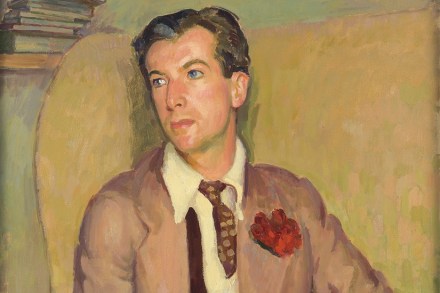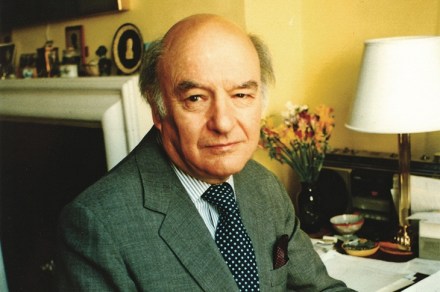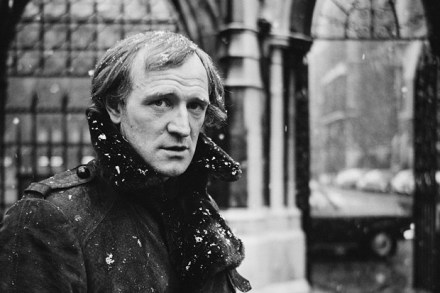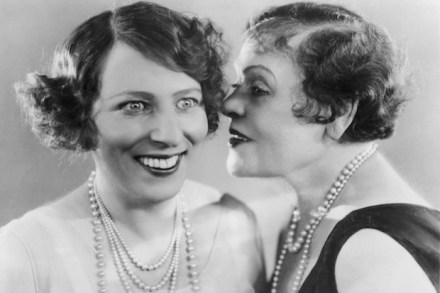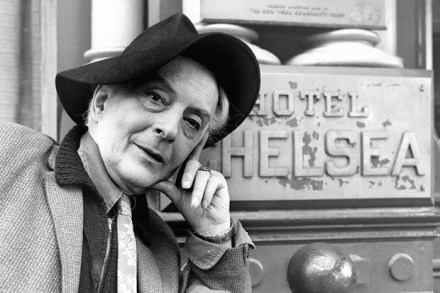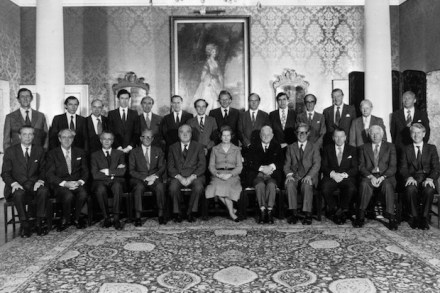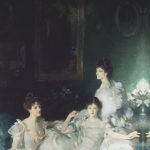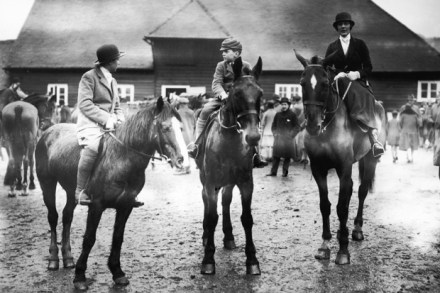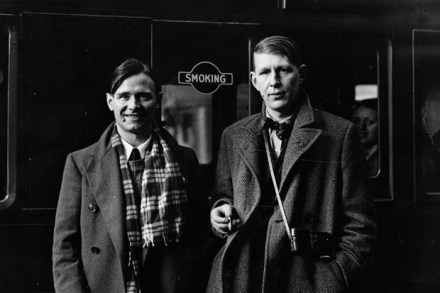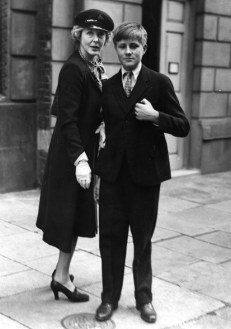You can make anything up about the royal family and it will be printed as fact
There are quite a few things that Tina Brown doesn’t know: what ‘jejune’ means; when Louis XIV came to the throne; what the passive voice in prose is (not ‘recollections may vary’); what members of the aristocracy are called (Lady Romsey becomes Lady Penelope Romsey) or what members of the royal family are called (the ‘Dowager Duchess of Gloucestershire’ puts in an appearance).Another thing she doesn’t know (which she shares with other authors of works in this obscenely overstuffed genre) is what’s been going on between members of the royal family in the period between the death of Diana, Princess of Wales and the death of the Duke of Edinburgh



